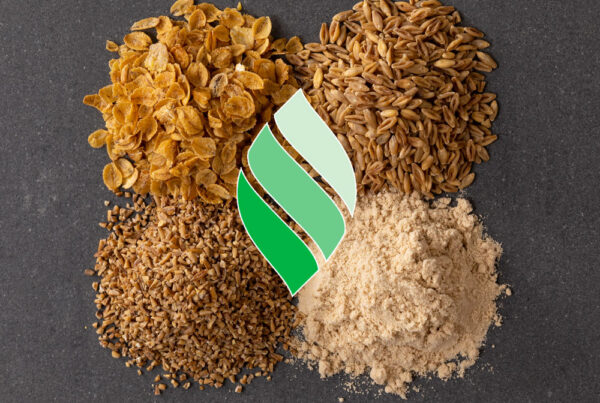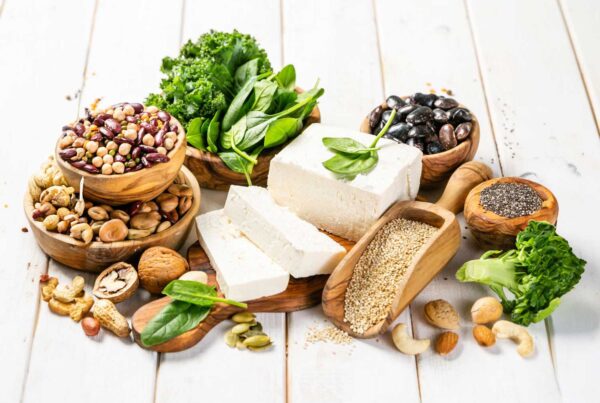Once upon a time, milk came from a cow and the term ‘meat’ referred to the flesh of a mammal. But a stroll through your local supermarket these days paints a very different picture. Enter a world where milks are made from anything from barley to mung beans, and the ‘plant-based’ meat section of the supermarket is as large, if not larger, than the traditional meat offering. What are the driving forces behind the meteoric rise of plant-based meat alternatives?
Enter the flexitarian
An L.E.K. Consulting study conducted in 2018 found that a staggering 93% of US consumers are compelled to eat healthy at least some of the time, and that 54% of consumers “feel healthier” when they include more plants (and reduce the amount of animal product) in their diet. The rise of the flexitarian consumer – someone who isn’t vegetarian, and isn’t vegan – but makes a conscious effort to skew their diet in the way of plant-based foods, there has been the driving force behind the growth of the meat-alternatives market. Whilst there is still plenty of research to be done in this field, there are some nutritional benefits to the inclusion of plant-based meats in the diet. In some instances, such as fibre content, plant-based meats are superior to that of traditional animal-derived meat. As consumers’ education and understanding of health and wellbeing continues to grow, so too does the demand for plant-based meat alternatives that tick the boxes in terms of taste, functionality and nutrition.
Simple & Easy
Before plant-based meat alternative were readily available in every supermarket and convenience store, finding a suitable alternative to meat was quite tricky. Substitutes were limited, and in many cases, expensive. Now, it’s never been easier to swap animal product for plant-based product. There are multiple brands available, and in multiple formats too – for ease of use in all your traditional recipes. The plant-based meat alternatives that are readily available these days, importantly, also taste great. When you consider the potential health benefits, as well as the ease and convenience of this new category – it’s easy to see why this category is experiencing exponential growth.
Environmental Factors
It can be argued that the rising popularity of plant-based meats is also important for the environment. Livestock cultivated for meat production places a heavy burden on the environment – consider water usage, land usage, and greenhouse gas emissions. Of course, simply cutting down on meat consumption can also have a big impact when it comes to the environment – plant based meats just provide a different alternative!
What’s the next frontier?
It’s difficult to think of any other category that has exploded in the same way plant-based meats have – so it’s difficult to predict what’s next. One thing that’s for sure – plant-based meats aren’t definitely aren’t a flash in a the pan trend, they are well and truly here to stay.
Intended as general advice only. Consult your health care professional to discuss any specific concerns.




